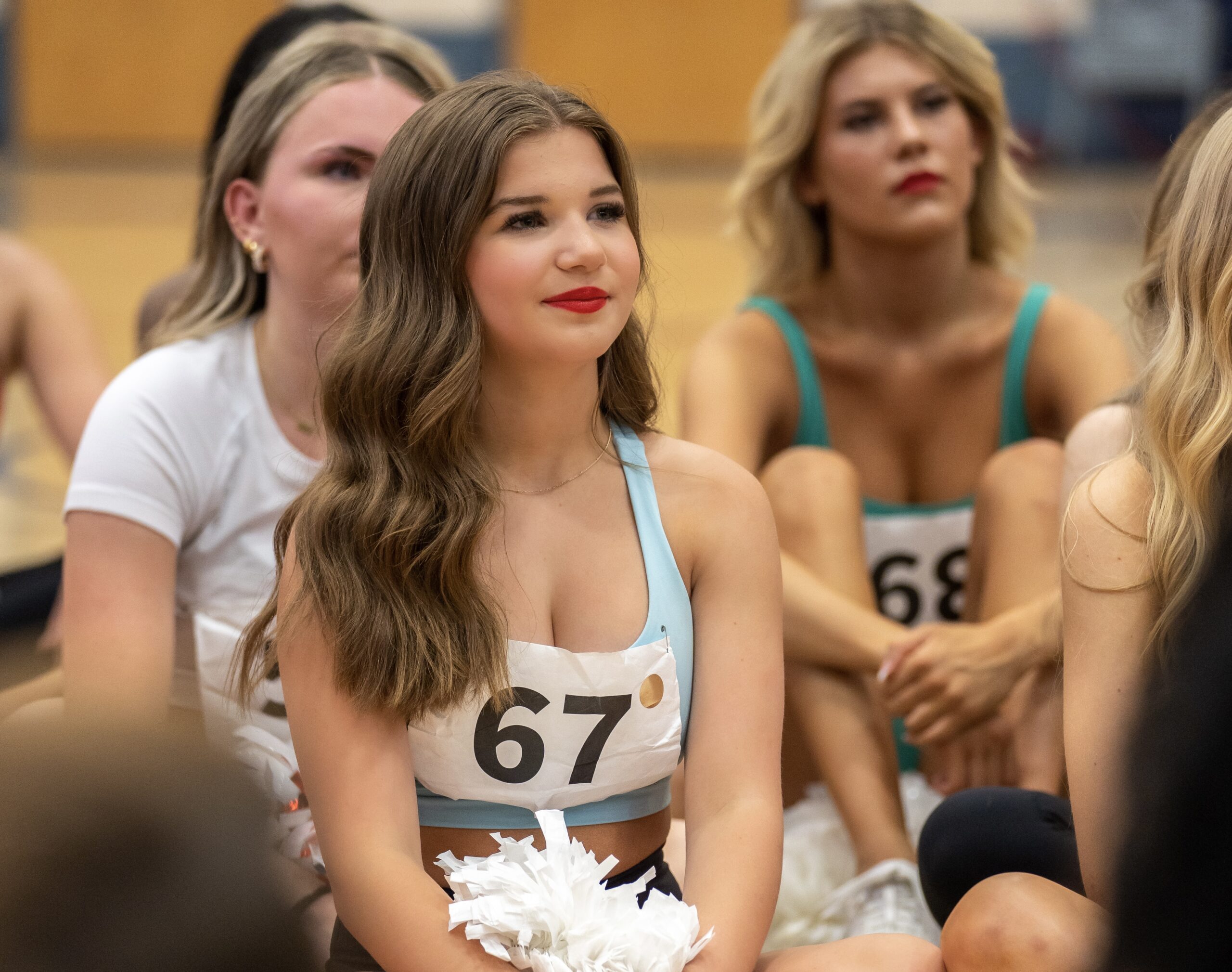Dance is more than just movement; it’s an expression of art, discipline, and passion. Whether you’re a seasoned performer or a beginner stepping into your first class, understanding and embodying proper dancer etiquette is essential. It not only reflects your respect for the craft but also your commitment to your growth as a dancer. Here’s a comprehensive guide to mastering dancer etiquette, including some critical aspects that can elevate your presence and performance.
1. Arriving Early Is On Time
In the dance world, punctuality is key. Arriving early is not just about being on time; it’s about preparing yourself mentally and physically for the class or rehearsal ahead. It shows respect for the instructor’s time and the collective efforts of the team. When you arrive early, you have the chance to warm up properly, review choreography, and settle into the right mindset. This preparation can make a significant difference in your performance and focus.
2. Dance Full Out in Choreography
When learning or rehearsing choreography, always dance full out. This means giving your best effort in every movement, even in practice. Dancing full out helps your body memorize the correct technique and energy required for the performance. It also shows your dedication to the process and respect for the choreographer’s vision. Holding back in rehearsals can lead to underwhelming performances when it truly matters. Remember, practice how you want to perform.
3. Applying Corrections
One of the most important aspects of a dancer’s growth is the ability to apply corrections. Whether these come from a coach, choreographer, or peer, take them seriously. Listen carefully, and make a conscious effort to implement the feedback into your practice. This shows that you are teachable, coachable, committed to improving, and respectful of the experience and expertise of those guiding you. Remember, corrections are not criticisms; they are opportunities for growth.
4. Respecting the Coach/Choreographer
Respecting your coach or choreographer goes beyond just following instructions. It involves active listening, maintaining focus, and showing appreciation for their guidance. Avoid talking when they are speaking, ask thoughtful questions when appropriate, and make sure to thank them after classes and rehearsals. This respect fosters a positive learning environment and builds a strong, trusting relationship between you and your mentor.
5. Following the Team Dress Code
Adhering to the dress code is more than just following the rules; it’s about uniformity, discipline, and professionalism. A dress code ensures that everyone is prepared and in the right mindset for dance. It eliminates distractions and allows the instructor to see your lines and technique clearly. Moreover, showing up in the proper attire shows that you are serious about your role in the team and are ready to give your best.
6. Facial Expression and Body Language During Practice, Rehearsals, and Choreography
Your facial expressions and body language in practice show your commitment positively or negatively to embodying the choreography fully, which can significantly impact your coach or choreographer’s decisions. When they see you actively engaging with these elements, it allows them to refine their vision, making adjustments that bring out the best in both the dance and the dancer.
Your attention to these details also demonstrates respect for their creative direction, encouraging them to trust you with more complex or expressive roles. It shows that you’re not just learning the steps but fully immersing yourself in the narrative and style they’ve envisioned, which can lead to a deeper, more collaborative relationship and a stronger overall performance.
Conclusion
Mastering dancer etiquette is an integral part of your journey as a dancer. It’s about more than just following rules; it’s about cultivating respect, discipline, and a professional attitude that will carry you through your dance career. By arriving early, dancing full out, applying corrections, respecting your coach, following the dress code, and consistently paying attention to your facial expressions and body language, you set yourself up for success and contribute positively to the dance community. Remember, the way you conduct yourself as a dancer is just as important as the steps you take on the floor.

